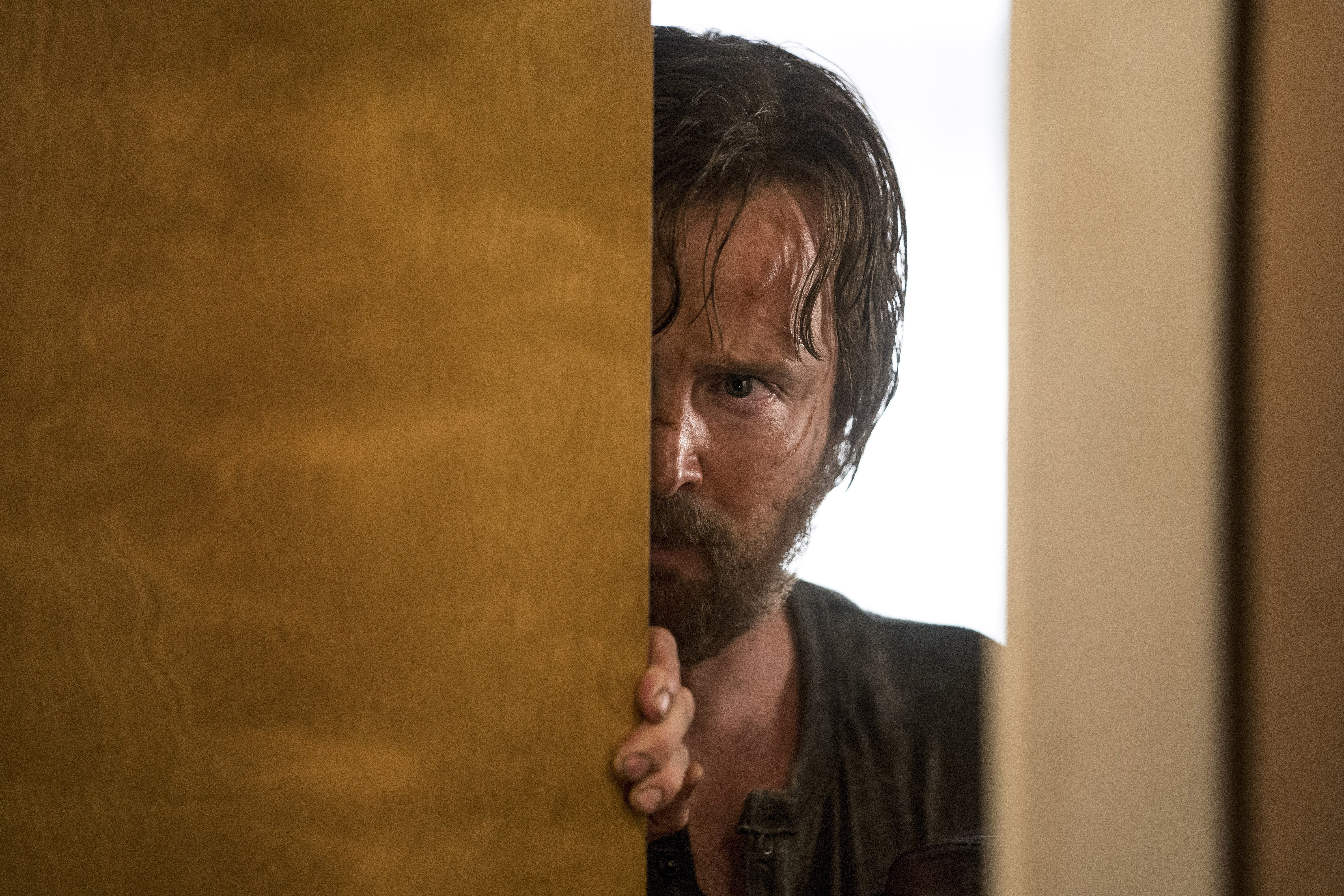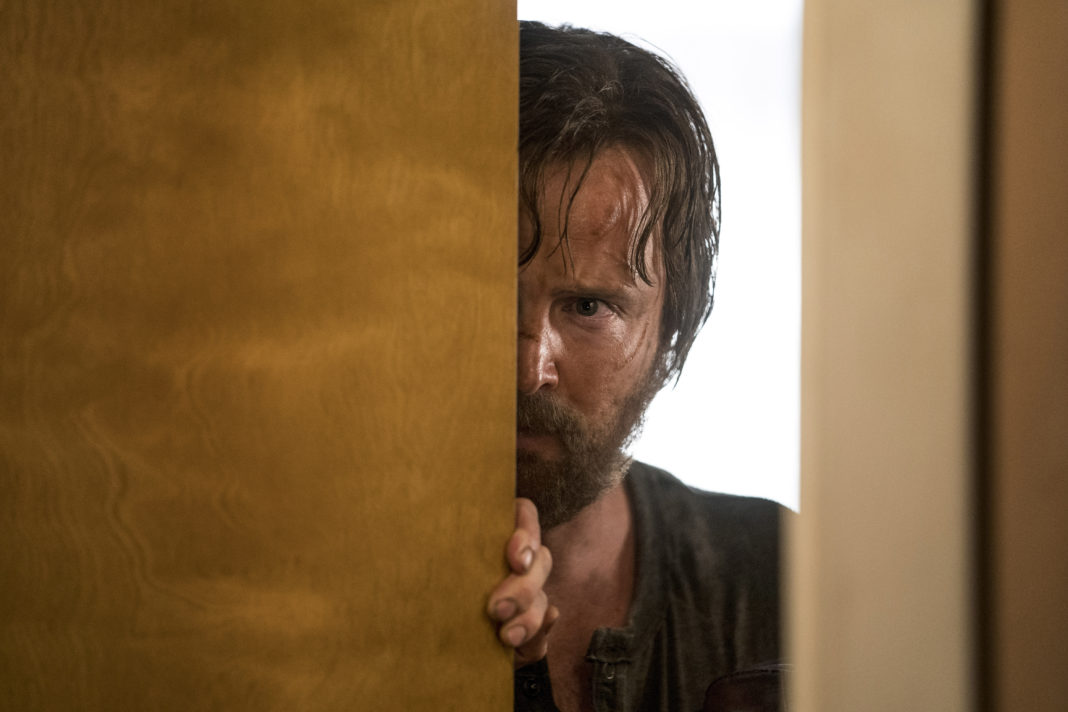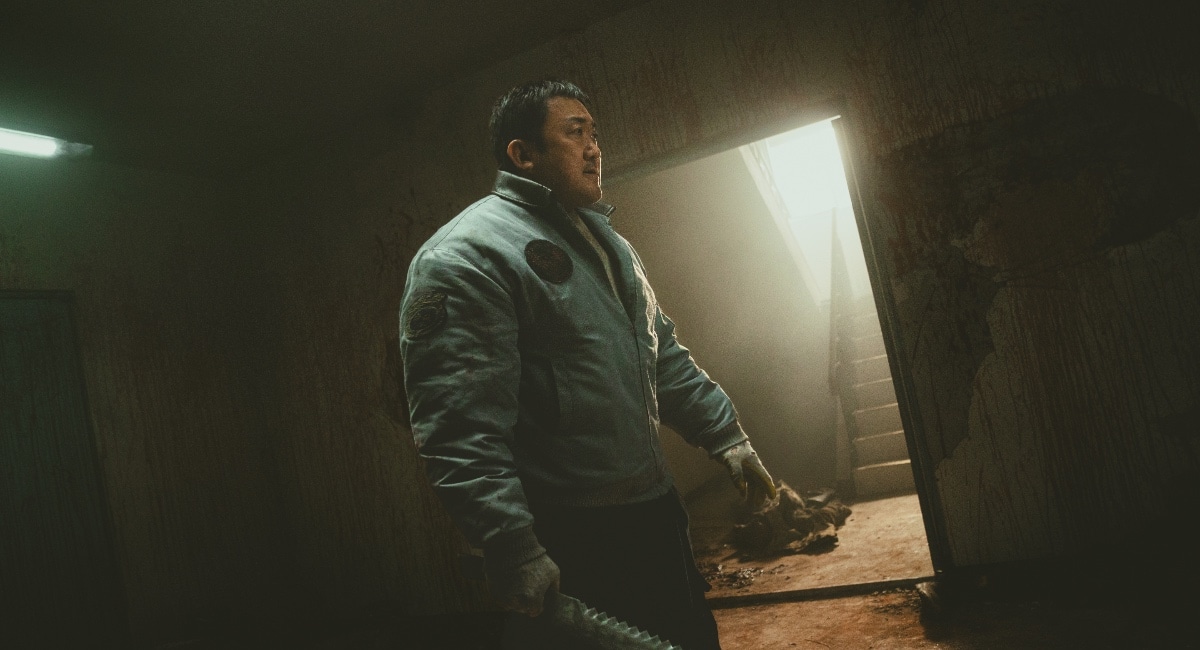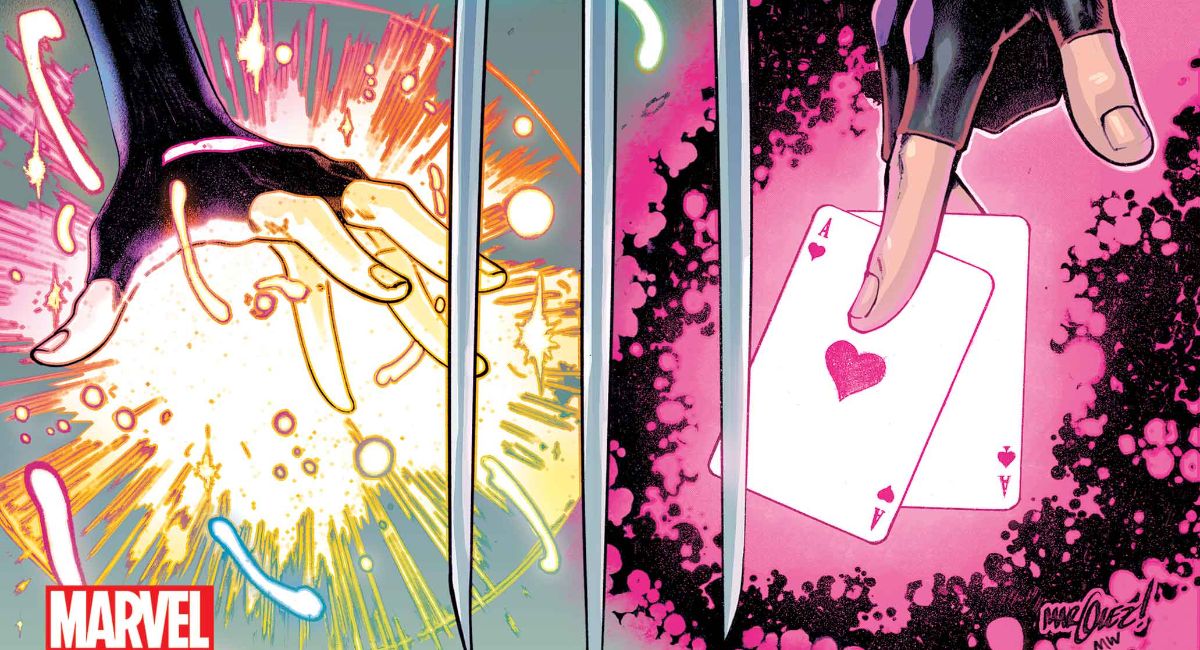
But then, possibly just as much due to the demands of network execs as anything, he and Peter Gould spun-off the prequel series Better Call Saul, which arguably might even be better than Breaking Bad. How that’s possible is not a thing I dare debate in the confines of this piece, but that it’s a real point for debate underlines that both series together may have produced the strongest long-running narrative in television history.
With that head full of steam, one that produced one of the only great prequels in modern memory, and likely securing himself the crown of best showrunner in television, Gilligan decided to embark on one more extension of his Breaking Bad universe. This time he would look forward and provide an endcap for Jesse Pinkman. El Camino (full title: El Camino: A Breaking Bad Movie) marks Gilligan’s first feature film behind the camera, and reunites him with his former star Aaron Paul, along with a few other notable cast members along the way.
El Camino kickstarts where Breaking Bad ended, with Jesse (Paul) speeding off to evade capture by the authorities after escaping from the captivity of the gang of neo-nazis, including the sociopathic Todd (Jesse Plemons), that had been forcing him to cook meth. Jesse, scarred and brutalized, heads to shelter with Skinny Pete (Charles Baker) and Badger (Matt Jones), who barely recognize their longtime best friend. Jesse can barely sleep, suffering from the signs of PTSD, but as the subject of a statewide manhunt, he can’t stay in one place too long. Remembering some advice given to him by his old partner Mike (Jonathan Banks, who appears in the flashback at El Camino’s prelude), has a renewed goal in mind and one last piece of business he needs to attend to for it to become reality.
One could say that there’s little need for this kind of extension to the series, particularly when the finale of Breaking Bad made it clear that Jesse got away, and viewers could probably piece together what happened next. It’s a fair point, but it’s also easy to counter with the fact that “Felina”, the finale in question, was so focused on Walt that Jesse got a bit of a short-shrift. On top of that, with this coda to the series, Gilligan is able to flex his genre muscles just a little more fully. El Camino, is a full-fledged modern Western, with all the trappings that come with the territory, including talk of the last great frontier, hidden troves of money, and even a duel to really just bring it all to the fore. There’s even a clear sparseness to each environment, from the desert vistas, the almost ghost town-like appearance of Albuquerque, and freezing wilderness all informing the newfound solitude that envelops Jesse. Breaking Bad always had its own neo-western trappings, but El Camino kicks it up a notch so that the influence screams loudest above everything else.
It’s a film of two parts. One a bit stronger than the other, with the second half outstripping the first hour, which is about in line with the general growth pattern of Gilligan’s other efforts in this world. While Jesse’s struggles with his own mental duress makes for compelling viewing, it does get a bit bogged down in a flashback sequence with Todd that explains the wheres and whys of what our hero is even doing in the first place. It’s great to get lots of Plemons, who picks back up one of his most terrifying roles with ease; but, watching Todd and a bedraggled Jesse go on errands and eat bean and bacon soup is probably the only time where drag starts to set in.
But once that’s put aside, and Jesse’s goals become fully clear, including an appearance by the now sadly no longer with us Robert Forster as part and parcel with that, Gilligan and Paul simply do not let up. Jesse’s desperation becomes absolutely palpable. With the walls closing in, there’s a real sense of “how is he going to get out of this one?” While that’s a credit to Gilligan’s scripting, there’s a lot to be said for Paul, returning to this role for the first time in six years.
A now older and wiser actor, he’s aged well physically to combat the continuity needs of the film’s timeline, while the subtle changes in his face in the intervening years actually serve him well considering the abuse he’s undergone. This is also completely his show, and he brings to bear with a performance that underscores just why Breaking Bad wasn’t a one-man act. Again, it could be said that viewers got all the closure they needed with Jesse when that preceding series had its curtain call, but to watch that character finally become a self-sufficient individual in his own right finally, no longer dependent on Walt or Mike or any other ersatz father figure, highlights the essential nature of this exercise.
El Camino, despite occasionally verging into deleted scene territory with a few of its fan-servicey flashbacks (and a new villain that reminds me just a hair too much of Dane Cook), packs a hell of a wallop just when it needs to, and acts as a killer epilogue to what is arguably the greatest longform narrative in television history. Yeah, Science!










I’m sure this is well made and well acted, but I was happy with the ending of “Breaking Bad” and liked the ambiguity of not knowing what became of Jesse. But in this era, every bit of IP must be milked endlessly.
Yeah, George, it’s probably an indulgence…on the other hand, Gilligan has earned it.
Comments are closed.